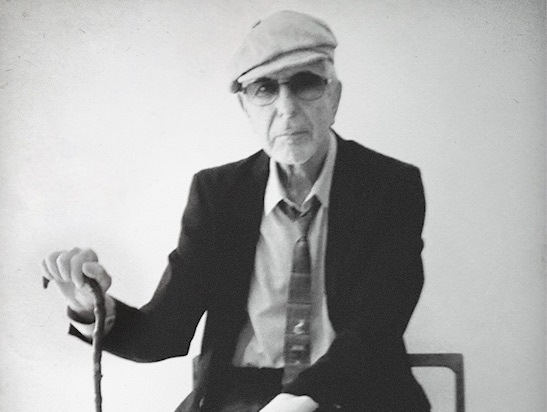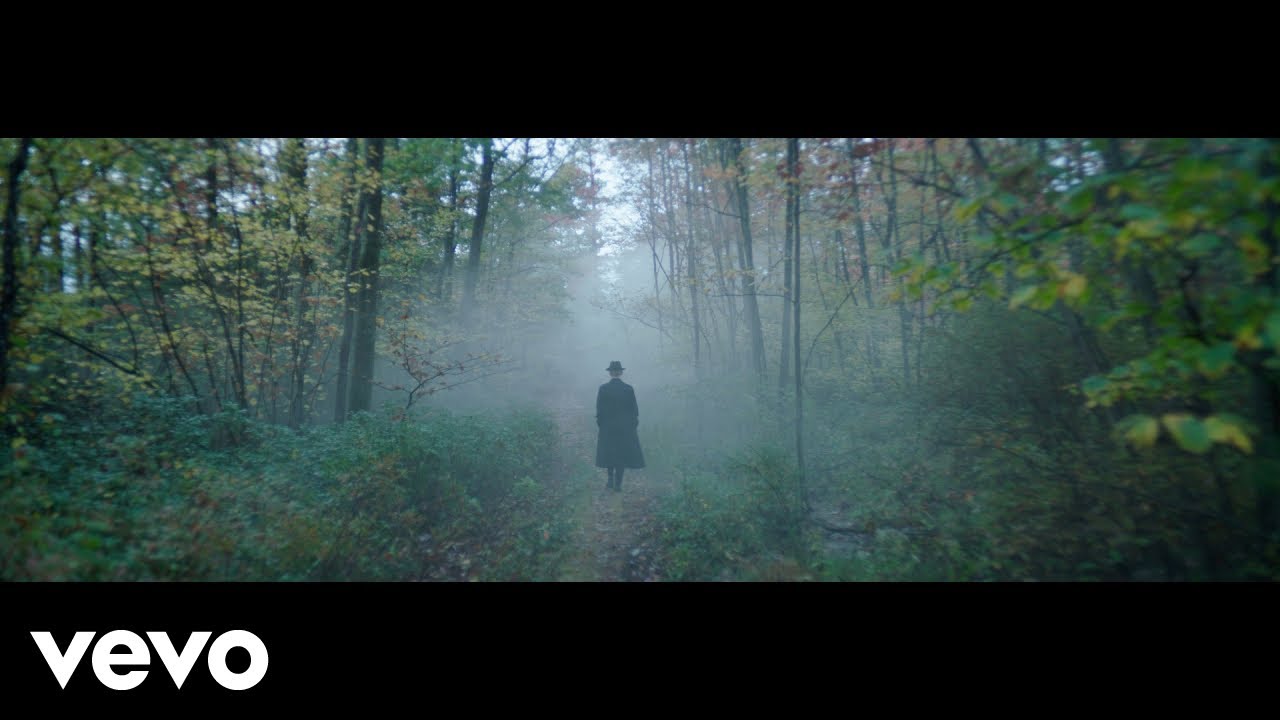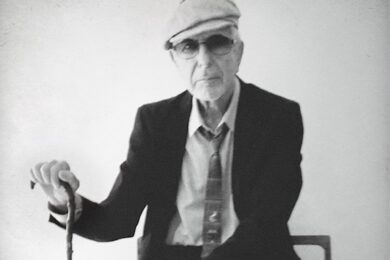In a 1992 interview with Paul Zollo, Leonard Cohen said: “Freedom and restriction are just luxurious terms to one who is locked in a dungeon in the tower of song”. This statement encapsulates what Cohen knew to be true in all aspects of his work and life. A cult icon in songwriting, that anxious, nagging desire to write is something Cohen spoke of as both a struggle and a blessing – and one which is beautifully poignant in this compilation of songs. To see writing as a sacramental act yet so integral to his being was what made the late singer fascinating; a man of the earth and the heavens all at once.
In a statement released earlier in September, Cohen’s son Adam said, “In composing and arranging the music for his words, we chose his most characteristic musical signatures, in this way keeping him with us”. To listen is to be placed within Cohen’s psyche, and to feel with fervour this anxiety of creation that so pervaded the late artist’s work and life. Thanks For The Dance was mastered and shaped by Adam, comprised from the snapshots from Cohen’s final studio time of You Want It Darker. His signature whispering, gentle soliloquies pervade the album, with musicians from all walks adding to each track, including Damien Rice, laúd player Javier Mas, and Bryce Dessner of The National.
A transcendental eloquence comes out in this unique artefact. What we have is a series of sketches, providing a fitting closing statement to his legacy as a series of ideas strewn together, much like his life beginning as a poet. His second and most successful collection of poetry The Spice-Box of The Earth, published in 1961 at 27 years old, established his place within the literary world, first and foremost a poet. His breakthrough in songwriting began with the poem ‘Suzanne’, which would later become one of the most celebrated songs in Cohen’s discography.
Thanks For The Dance contains the dark humility which is so central to Cohen’s work. A friendly nod to the darkness within mortality, and a poet so sensitive to the demons of the mind. The album opens with a haunting reflection ‘What Happens To The Heart’, neither real nor imaginary. “I was always working steady, but I never called it art”. This line is particularly poignant; it displays all of Cohen’s charming and human attitude to his place in the world as an artist. The words come to him simply, yet he doesn’t want to ever put any more emphasis on it than that. His recognition as a mortal man, and one that would never succumb to any kind of self-canonisation was central to Cohen, as he alludes to in 1967 lament ‘So Long, Marianne’: “I never said that I was brave”. The moody piano blends with the dramatics of the laúd to create a moving song of painful love: ‘“just to look at her was trouble, it was trouble from the start”. This unknown, lost love of Cohen’s seems to accompany much of the poetic lines of the album. On the track ‘Moving On’, murmuring vocals and the angelic playing of the Jew’s harp make a ballad to an old lover: “your beauty ruled me, now you’re gone / whose moving on, whose kidding who?”. This muse of Cohen’s proves an inspiration; she is the ghost of his dreams in the tapestry of the album.
These are simple, raw tales, transfixed in time, but often dealing with shocking imagery in a languid, quintessentially Cohen-like fashion. The bizarre and brilliant ‘Puppets’ re-imagines the world and the earth by metamorphosing it into puppets. There is a graciousness with which Cohen deals with other-worldly problems: “German puppets burnt the Jews, Jewish puppets did not choose”, but moving to a lighter note to revolutionise the world and all its dark failings, Cohen then muses “puppet lovers in their bliss” while Jennifer Warnes soothing hymn-like vocals breathe sunlight back in. Biographer Sylvie Simmons said of Cohen in his work “an awareness of the imminent defeat”. This is prevalent throughout this album, but somehow a beautiful and soft melancholy infiltrates, like letting the light into a dark room.
One of the darkest tracks, ‘Its Torn’ employs a murky tone alongside moments of simple brilliance, with typical commentary on an unknown topic: ‘the lie in what’s holy, the light in what’s not’. This ambivalence to religion and brush with mortality is familiar to the old Cohen. “We’re joined in the spirit, joined at the hip”, the voice which pervades is heavily reflective on a life lived, prosperously yet honestly. Cohen knew which way he was heading at the time of recording, and he was clearly determined to express what he had learned. In a recently published interview with David Remnick and Cohen back in 2016, the late singer spoke of a divine voice communicating with him for most of his life, the “Bat Kol”. He spoke of this voice changing over time, recently becoming a voice of acceptance: “It’s very compassionate at this stage. More than at any time in my life, I no longer have a voice which says, ‘You’re fucking up.’ That’s a tremendous blessing, really”.
Thanks For The Dance stands out as an emblem of the artist’s life work. Dancing between satire, melancholy and tenderness, his final words stand out as the mark of a worldview drawn from a life lived in the shadow of his own genius. We are left smiling at the charm of this nonchalant attitude to all he has lost, gained and lived: “It was hell, it was swell, it was fun”.




